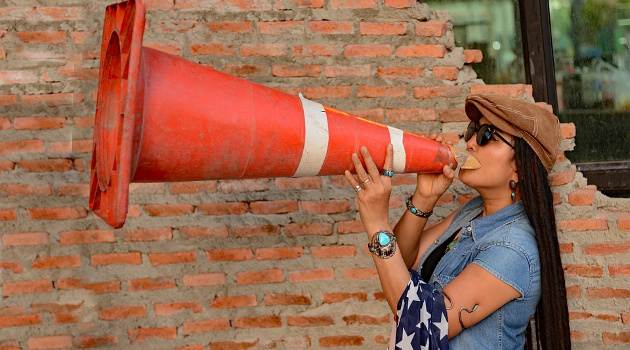I was delighted to learn in 2013 that an overwhelming majority of Americans would disobey if politicians passed laws to confiscate private firearms.
 And we have firsthand evidence from Colorado and Connecticut that gun owners engage in widespread civil disobedience.
And we have firsthand evidence from Colorado and Connecticut that gun owners engage in widespread civil disobedience.
But people elsewhere in the world also have a bit of rebelliousness. Here are some excerpts from a column in Reason about what’s been happening in New Zealand.
New Zealand’s government—which also stepped up censorship and domestic surveillance after bloody attacks on two Christchurch mosques earlier this year—is running into stiff resistance to new gun rules from firearms owners who are slow to surrender now-prohibited weapons and will probably never turn them in. Officials should have seen it coming. …As of last week, only around 700 weapons had been turned over. There are an estimated 1.5 million guns—with an unknown number subject to the new prohibition on semiautomatic firearms—in the country overall. Traditionally relaxed in its approach to firearms regulation, and enjoying a low crime rate, New Zealand has no firearms registration rule. That means authorities have no easy way of knowing what guns are in circulation or who owns them. “These weapons are unlikely to be confiscated by police because they don’t know of their existence,” Philippa Yasbek of Gun Control NZ admitted. “These will become black-market weapons if their owners choose not to comply with the law and become criminals instead.”
Congrats to the Kiwis.
The spirit of civil disobedience exists throughout the Antipodes.
That gun owners would, in large numbers, defy restrictions should have been anticipated by anybody who…glanced across the Tasman Sea to Australia. “In Australia it is estimated that only about 20% of all banned self-loading rifles have been given up to the authorities,” wrote Franz Csaszar, professor of criminology at the University of Vienna, after Australia’s 1996 compensated confiscation of firearms following a mass murder in Port Arthur, Tasmania. Csaszar put the number of illegally retained arms in Australia at between two and five million. “Many members of the community still possess grey-market firearms because they did not surrender these during the 1996–97 gun buyback,” the Australian Criminal Intelligence Commission conceded in a 2016 report. “The Australian Criminal Intelligence Commission continues to conservatively estimate that there are more than 260,000 firearms in the illicit firearms market.”
Congrats to the Aussies.
For what it’s worth, the Australian government hasn’t undertaken a big effort to round up guns. And I also don’t think the New Zealand government will mount a big campaign. Maybe they’ve watched this Reason video?
I’ll close with examples of noncompliance in America.
The Old West desert town of Needles, California,…is gaining notoriety… Leaders have declared it a “sanctuary city” for people who believe California’s strict gun laws have encroached too much on their constitutional right to keep and bear arms. The City Council in the town of 5,000 that borders Arizona and is a few miles from the southern tip of Nevada last month unanimously declared Needles a “2nd Amendment Sanctuary City.” …This effort is part of a national trend of officials in more conservative areas resisting tougher state gun laws. In New Mexico, more than two dozen sheriffs in predominantly rural areas vowed to avoid enforcement, equipped with supportive “Second Amendment Sanctuaries” resolutions from county commissions. In Washington, sheriffs in a dozen counties said earlier this year that they won’t enforce the state’s sweeping new restrictions on semi-automatic rifles until the courts decide whether they are constitutional.
P.S. I also shared encouraging polling data on public attitudes  about gun control in 2015.
about gun control in 2015.
P.P.S. And this polling data from cops in 2013 also gives me a reason to be optimistic.
P.P.P.S. Last but not least, don’t forget that jury nullification is another way for individual Americans to fight bad laws.
———
Image credit: vondelft | Pixabay License.

